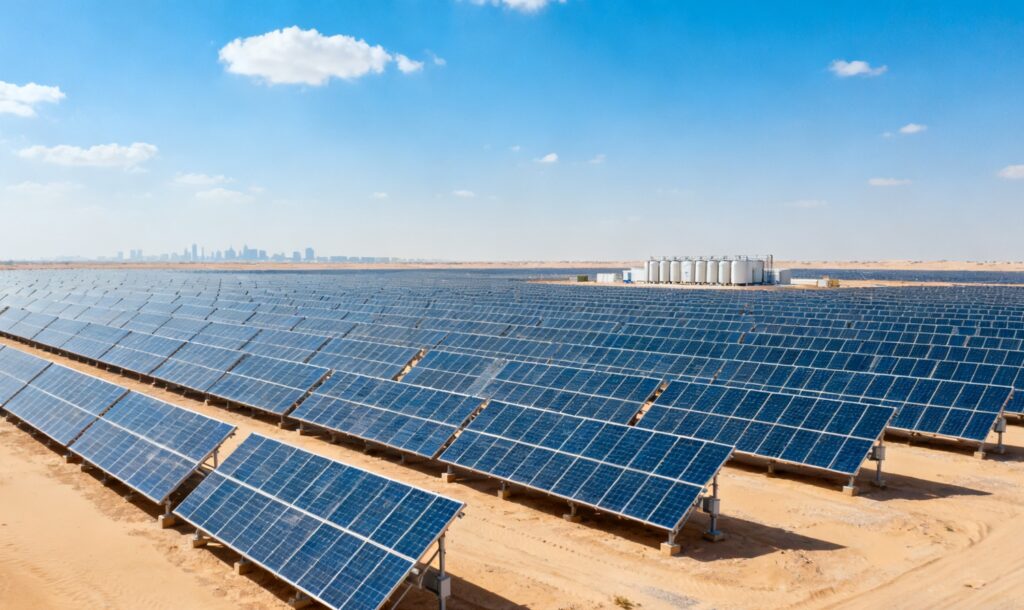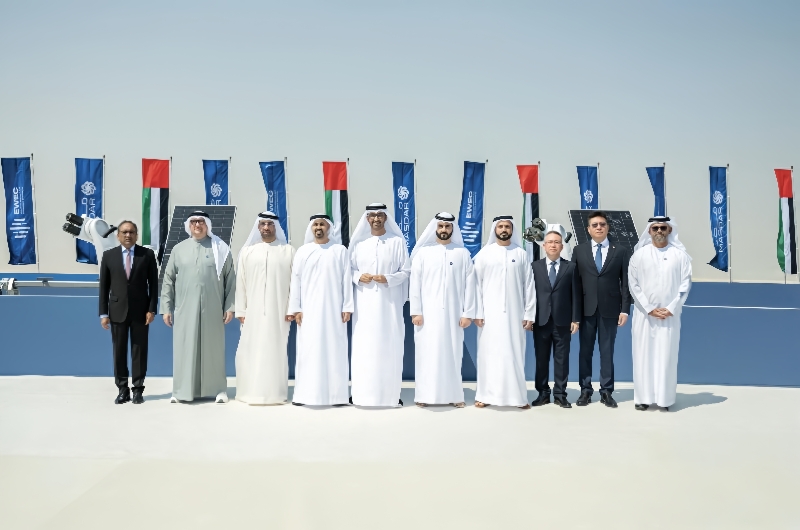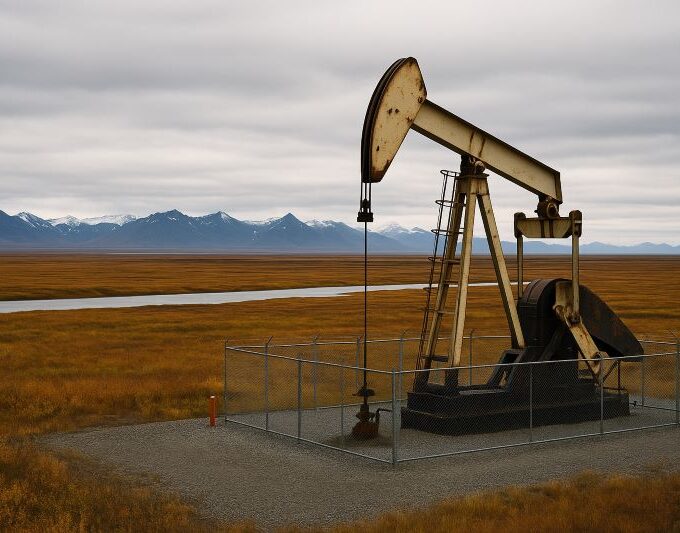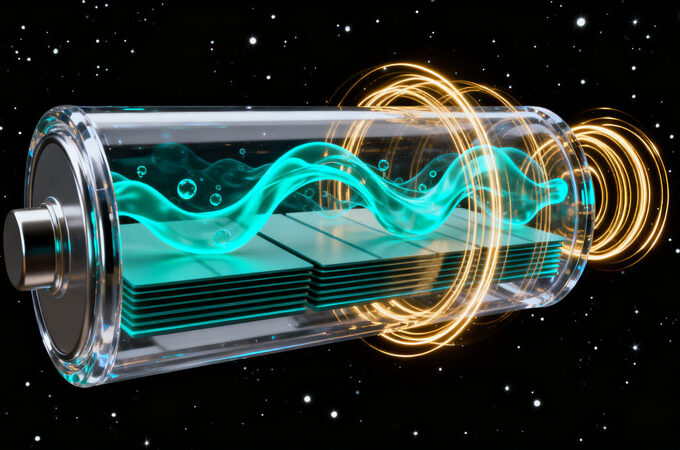On the morning of October 23, 2025, the world’s largest solar-storage integration project and the first renewable energy project capable of “round-the-clock power supply” kicked off its groundbreaking ceremony in Abu Dhabi, UAE, setting a new benchmark for the global energy transition.
Known as the UAE RTC Solar-Storage Project, this initiative is a joint development by Masdar and the Emirates Water and Electricity Company (EWEC), with relevant plans first disclosed back in January 2025. Nestled in the vast desert areas of Abu Dhabi, the project spans 90 square kilometers, boasting world-leading scale and technological standards. Its total installed capacity includes a 5.2GW photovoltaic power plant and a 19GWh battery energy storage system, with a total investment exceeding 22 billion dirhams (approximately 42.66 billion RMB) and an expected operational launch in 2027.
Adopting a zonal construction model, the project’s northern and southern blocks are undertaken by India’s Larsen & Toubro and PowerChina respectively as general contractors. PowerChina is tasked with the core construction of the northern block, which involves the installation of 2.1GW photovoltaic modules and the deployment of a 7.6GWh energy storage system. Leveraging its extensive overseas engineering experience and technical strength, PowerChina provides crucial support for the project’s implementation. To address the intermittent nature of renewable energy supply—a long-standing industry challenge—the project integrates a range of cutting-edge technologies: it optimizes energy dispatch through a “virtual power plant” model, ensures power supply continuity with grid connection and black-start technologies, accurately predicts energy output via an artificial intelligence forecasting system, and achieves efficient transmission and distribution through an intelligent power distribution network. These innovations enable 24/7 stable power supply, capable of meeting the continuous energy demand of a 1GW base load, making it a standout in the latest energy news.

The project is set to deliver multiple benefits upon completion: it will reduce carbon dioxide emissions by approximately 5.7 million tons annually, offering a practical model for global low-carbon development; create over 10,000 jobs to boost the local economy; and with its globally competitive electricity prices, inject sustained momentum into the UAE’s artificial intelligence industry and economic diversification, strongly supporting the country’s “Energy Strategy 2050” goals.
Mohamed Jameel Al Ramahi, Chief Executive Officer of Masdar, hailed it as a “blueprint for the world,” emphasizing that by overcoming the challenge of energy intermittency, the project can meet the rapidly growing energy needs driven by technological progress. Ahmed Ali Alshamsi, Chief Executive Officer of EWEC, also noted that the project will provide stable energy guarantees for the development of the UAE’s AI industry, consolidating its position as a global AI innovation hub. As a flagship project integrating technologies such as digital twins and virtual power plants, it not only advances the UAE’s energy structure transformation but also offers valuable experience for the large-scale application of renewable energy worldwide.











